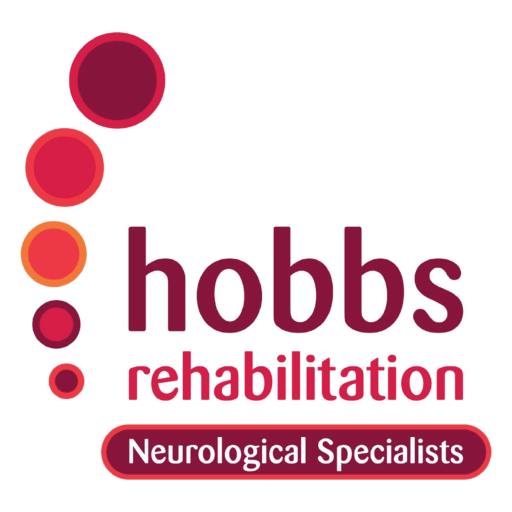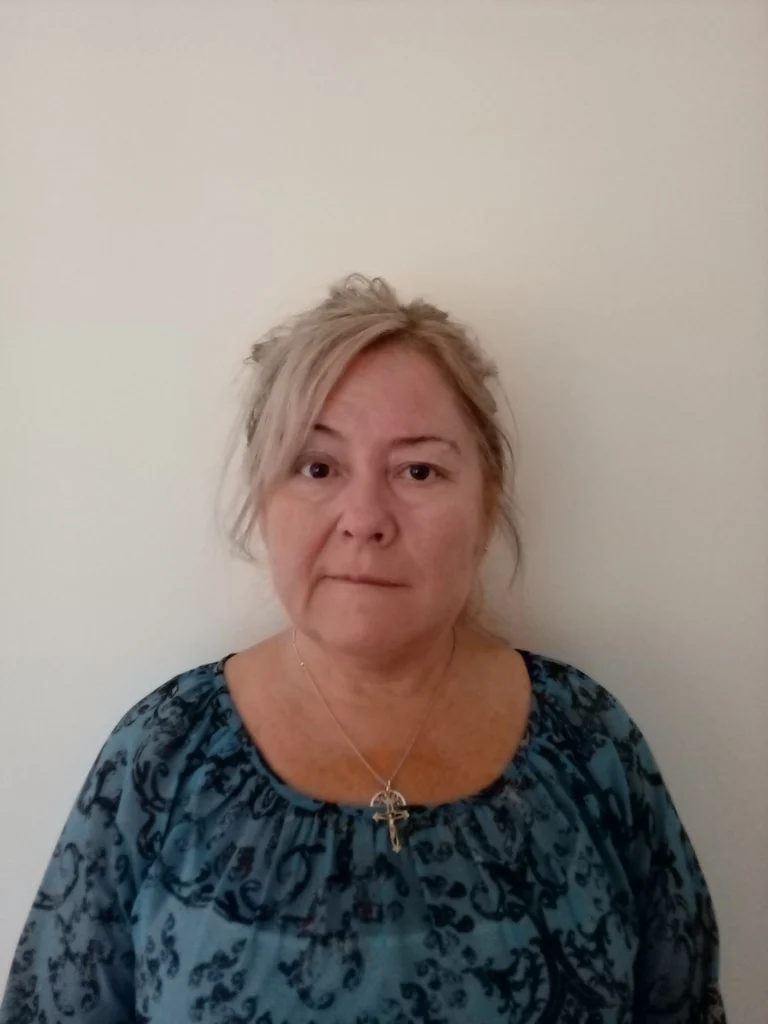Maz (Marianella), known for her social nature and vibrant energy, led a healthy lifestyle, enjoying activities like walking and Pilates, and spending time with her grandchildren and loved ones. Despite her shyness, Maz possessed confidence in herself and faced challenges with a positive outlook, believing that things would always get better.
However, everything changed when Maz contracted COVID-19. After a severe bout with the virus, she began experiencing alarming symptoms. On the seventh day of her illness, Maz felt half of her tongue go numb, followed by an unusual sensation in her left eye. To her shock, she discovered that the left side of her face had drooped significantly, prompting fears of a stroke. Rushed to A&E, Maz was diagnosed with Bell’s Palsy and prescribed steroids, with a prognosis of recovery within a few weeks.
The road to recovery proved to be challenging and filled with uncertainty. Maz struggled with excruciating pain on the left side of her face. The hospital failed to inform her about the importance of taping her eye down at night. Consequently, she went four days without following this crucial step after being diagnosed. By the time she sought help from the eye hospital in Southampton, her eye was in excruciating pain. It was there that she learned about the necessity of taping her eye down every night and applying night drop ointment. She had no idea then that she would have to continue this routine for nine months. Despite diligently following this medical advice, her energy levels still plummeted, and she experienced profound fatigue. Social withdrawal became inevitable as Maz grappled with the emotional toll of her condition, feeling anxious about her appearance and uncertain about the future.
Marianella then learned about Hobbs Rehabilitation and under the care of Chrissy Bibby at our Winchester centre, her rehabilitation journey began. Through targeted neuromuscular retraining, Maz experienced initial improvements in her facial balance. However, as time passed, she faced new challenges, including synkinesis. Synkinesis is a condition commonly associated with facial palsy, where involuntary movements occur in one part of the face when another part is intentionally moved. It typically arises due to nerve regeneration following facial nerve injury or trauma. For example, smiling might cause the eye to close or twitch involuntarily, or blinking might cause the corner of the mouth to pull upwards. Synkinesis can significantly impact facial expression and emotional communication, affecting quality of life. Facial rehabilitation techniques, such as facial exercises, neuromuscular retraining and biofeedback, aim to improve muscle control and coordination in the affected areas of the face. These exercises can help patients regain more natural and controlled facial movements, reducing the severity of synkinesis over time.
Despite the pain and emotional turmoil, Maz persevered in her rehabilitation journey, finding solace in the support from Chrissy and the comfort of complementary treatments like homeopathy. While the road to recovery was hard, Maz found a renewed sense of self and resilience through her journey. Although she acknowledged that life would never be the same as it was before Bell’s Palsy, Maz embraced her new reality, cherishing moments of progress and finding strength in her ability to overcome adversity.
Today, Maz continues to navigate life with Bell’s Palsy, managing the occasional difficulties with eating, drinking, and facial movements. While challenges persist, Maz remains grateful for the support she received at Hobbs Rehabilitation. Maz is deeply passionate about raising awareness for Bell’s Palsy and facial palsy as she believes it’s so often overlooked as a challenging and problematic condition within the NHS. While it’s true that Bell’s Palsy typically heals over time, the journey can be incredibly difficult, especially without proper support and awareness, particularly in the early stages. In her experience, and many others like Maz, she felt lost and helpless during the initial stages of her diagnosis, with nowhere to turn for guidance or assistance. The lack of awareness and resources within the public healthcare system left her feeling stranded. It was only through her access to private sector resources that she was able to receive the treatments and support that were very much needed. Maz’s journey highlights the critical need for increased recognition and support for individuals coping with Bell’s Palsy, ensuring that everyone has access to the assistance and care they require for a smoother recovery process.

